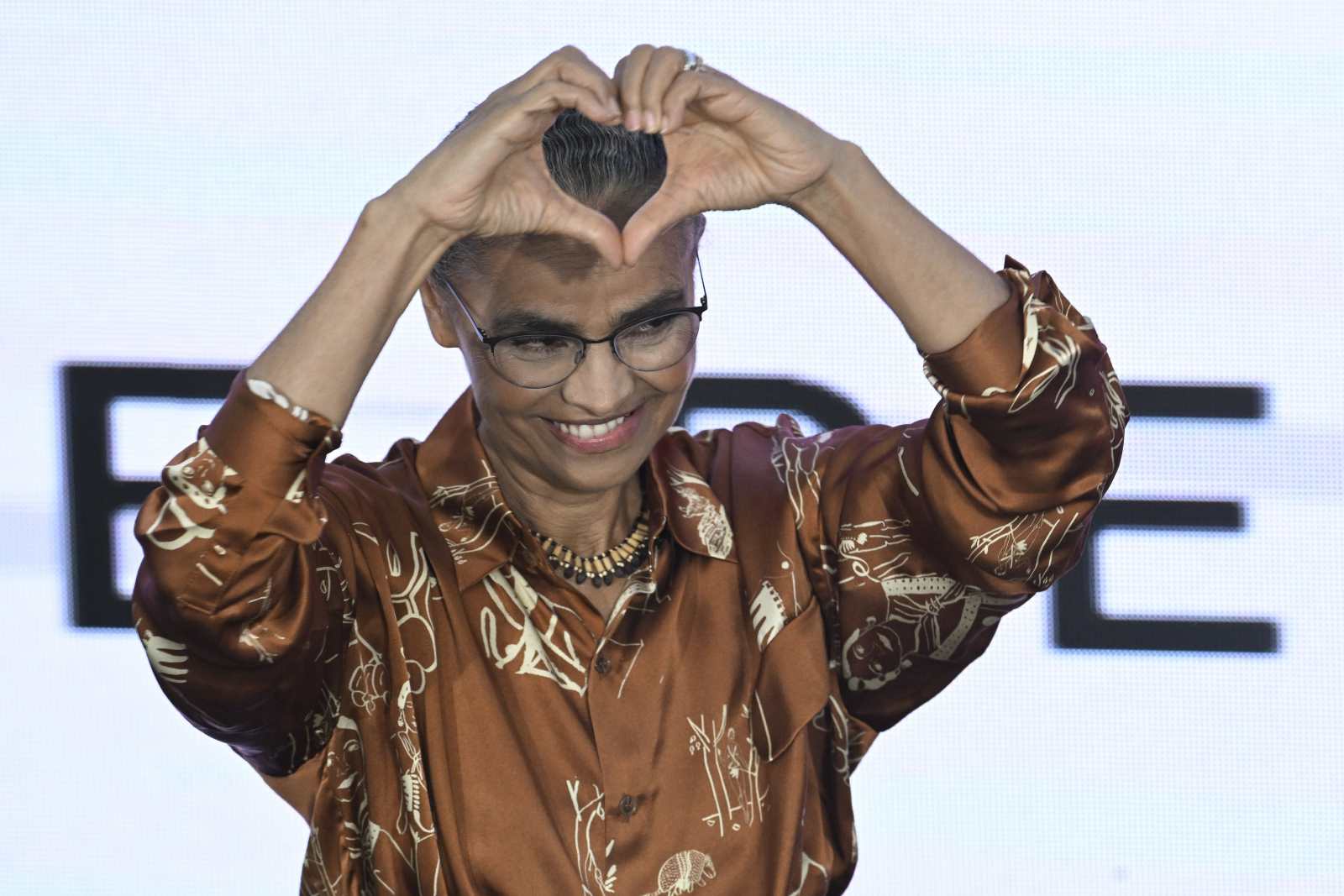Global trade
Don’t stop, do better

Negotiations on a trade agreement between the EU and the South American common market Mercosur (Mercado Común del Sur – full members Argentina, Brazil, Paraguay and Uruguay) commenced in 1999 and have still not been finalised. The EU is pushing for Mercosur to commit to complying with environmental and social standards. It particularly wants the deforestation of the Amazon rainforest brought to a halt. At the same time, a number of EU countries fear that the agreement will have a negative impact on their farmers. The Mercosur countries, for their part, do not like the idea of having their environmental and social policies dictated by the EU.
The aim of the agreement is to create a free trade zone between the two economic areas, which together form a market of more than 700 million people. According to an analysis prepared for the EU, trade in goods will increase significantly. Mercosur will predominantly export more agricultural products and the EU more industrial goods. The agreement’s impact on gross domestic product is estimated to be low, but positive for both sides.
Criticism from civil society
The planned agreement has been sharply criticised by civil-society organisations such as Misereor and Greenpeace. They argue that it reproduces the colonial logic of Latin America as a perpetual supplier of raw materials and importer of industrial goods. Rising meat exports and growing soya and sugar cane production would increase environmental destruction, water pollution and pesticide use. The agreement would thus exacerbate the climate crisis and accelerate species loss. Small farmers and indigenous people would be driven off their land.
Contrary to this assessment, however, the qualitative imbalance in trade between the EU (industrial products) and Mercosur (agricultural products) is not a result of the agreement; it is the status quo prior to the agreement. In the short term, the planned dismantling of tariff barriers will accentuate that specialisation. But in the long term, cheaper access to intermediate products could create new opportunities for the Mercosur countries to transfer industrial value creation there. Export orientation in East Asia has proven a much more successful strategy than import substitution in Latin America.
Problems will not be solved by stopping the Mercosur agreement
The criticism expressed by civil society is partly justified. It gives the impression, however, that the environmental and human-rights issues raised could be resolved by scrapping the agreement. That can only be achieved by the Mercosur countries themselves adopting a cohesive policy. Stopping the agreement would only affect trade with the EU and the growth that results from it. The EU imposing a general import ban on products linked to deforestation (already adopted) and a general export ban on hazardous pesticides (still pending) is much more effective.
In addition, civil-society criticism should take account of major development policy concerns. There have long been calls for the EU to open its internal market to agricultural imports from the global south. If the agreement in its current form is rejected by some EU countries, it will not be out of concern for the climate and environment; it will be largely due to the vested interests of the agricultural lobby in those countries.
If the agreement should fail after more than 20 years of negotiations, a great opportunity will have been missed for EU participation in deeper north-south cooperation. China and the USA will step into the gap. It is doubtful whether this would serve the interests of civil society. Furthermore, the development-policy discourse in Germany could be severely damaged. Labelling the agreement a “toxic treaty”, as Greenpeace did in a campaign in 2023, is not only unfortunate but dangerous. It would be disastrous if such language were to fuel right-wing populist polemics against cooperation with the global south. Civil-society organisations should thus work to improve the agreement – not to stop it.
Georg Schäfer is an expert in sustainable economic development, employment promotion and poverty reduction. He worked in German development cooperation for many years.
geo.schaefer@t-online.de










